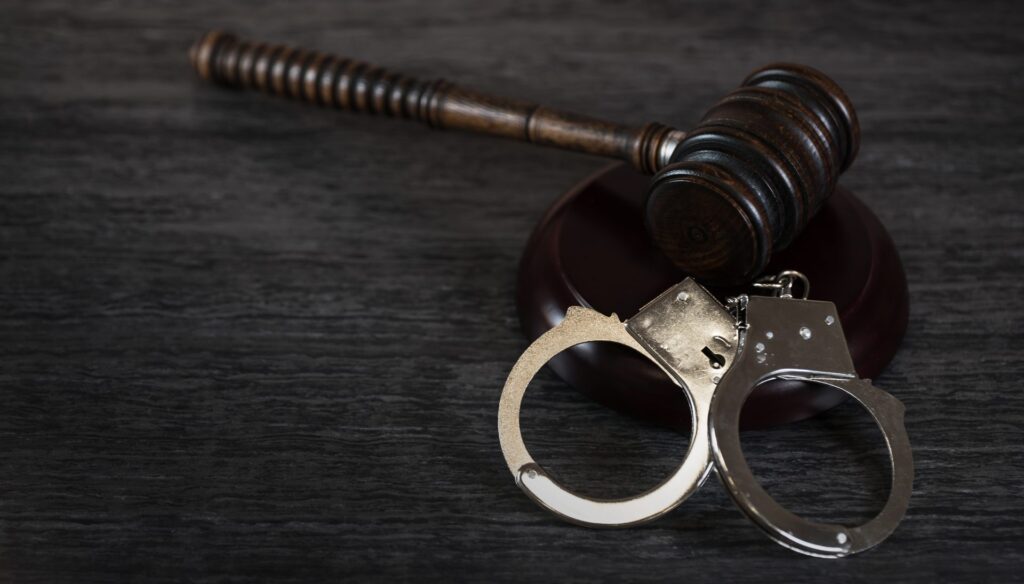It is a fascinating example of how lots of different areas of the law can become entangled in a single case: Alleged victims of sex crimes perpetrated by Jeffrey Epstein are trying to sue his estate in civil court for compensation. They are being blocked by a private trust Epstein created, but it is unclear how much of an obstacle that trust is going to be.
Epstein’s Last Minute Will and Trust Transferred $577 Million
After being arrested and charged for sex trafficking and raping minors, Jeffrey Epstein was held without bail. He committed suicide in jail on August 10, 2019.
On August 8, through, Epstein wrote a will, which he filed in the U.S. Virgin Islands. That will left his estate to a private trust and valued it at more than $577 million. The will does not list any beneficiaries, but does name Epstein’s brother, Mark, as his only heir.
Civil Lawsuits Follow Criminal Charges
Many of Epstein’s accusers had filed personal injury lawsuits against him, seeking compensation for his alleged conduct. Those lawsuits were on hold while Epstein’s criminal case worked through the system, ready to pounce if he were convicted on the sex crime charges. Such a conviction would doom his defense to the civil lawsuits.
When Epstein committed suicide, though, the criminal charges against him fizzled away and forced the civil lawsuits to prove their own cases.
Plaintiffs May Have to Break Into Epstein’s Trust Fund
Those civil cases, however, will all be for nothing if they cannot reach into Epstein’s estate. The protection afforded by his private trust account, according to legal experts, may be significant or worthless depending on the circumstances.
Private trusts like the one Epstein used are basically pots that can hold money. However, creating a trust is only creating the pot – the person making the trust still has to fund it by putting money into the pot. Because there were only two days between the creation of the will and Epstein’s suicide, it is unclear whether Epstein was able to transfer all $577 million – or any of it – into the trust.
Any money that was not in the trust at the time of his death is fair game to the plaintiffs.
As for any property that Epstein did get into the trust before his death, it would likely be ruled a fraudulent transfer because he was in jail facing charges at the time it was made.
If it is not ruled a fraudulent transfer, though, plaintiffs can have a hard time getting money out of the private trust and back into Epstein’s estate. This is where the specific details of the trust come into play.
Clearly, Epstein would have designed the trust to give his assets as much protection as possible. The only question is how much he was able to accomplish in such a short timeframe.
Criminal Defense Lawyers at Maine Criminal Defense Group
Situations like these highlight the need to have a criminal defense lawyer with an understanding of other areas of the law, as well.
Call Maine Criminal Defense Group at (207) 571-8146 if you have been accused of a crime in Portland, Saco, or Biddeford, or contact them online.


